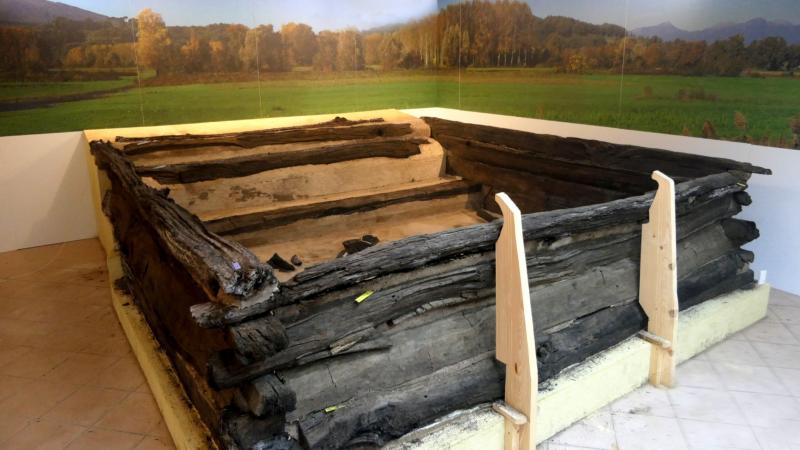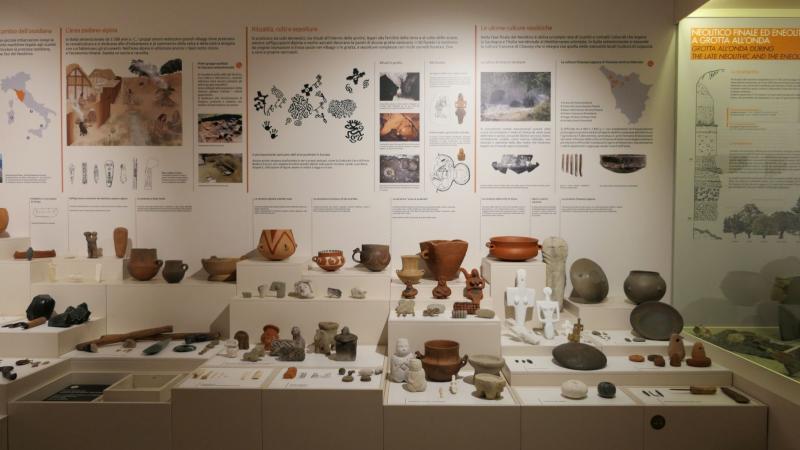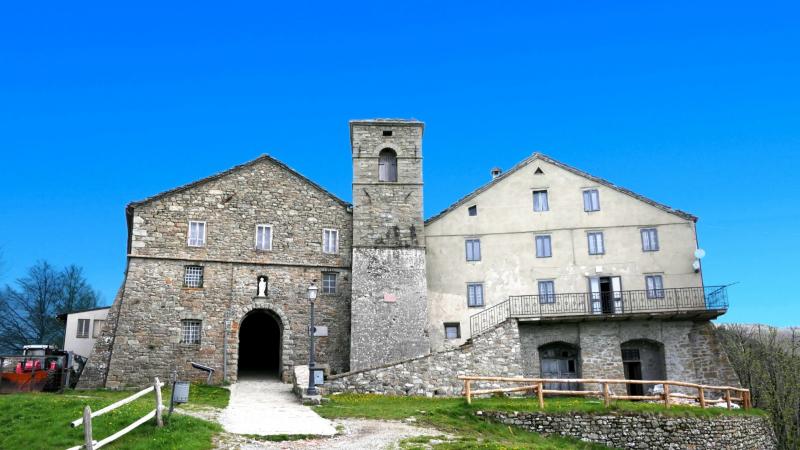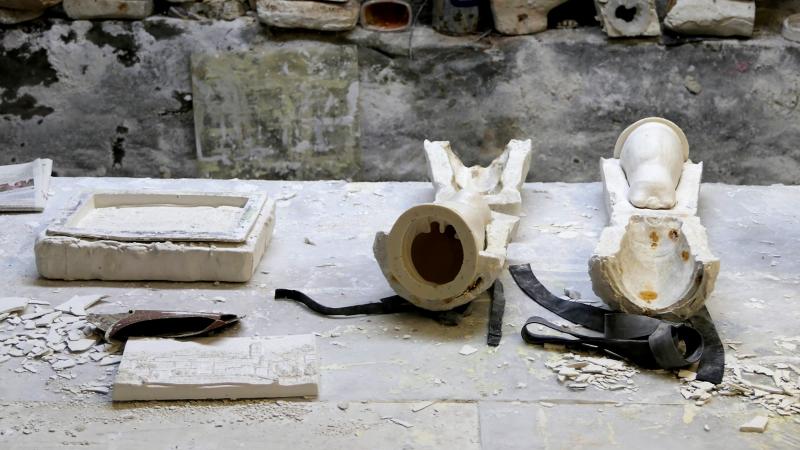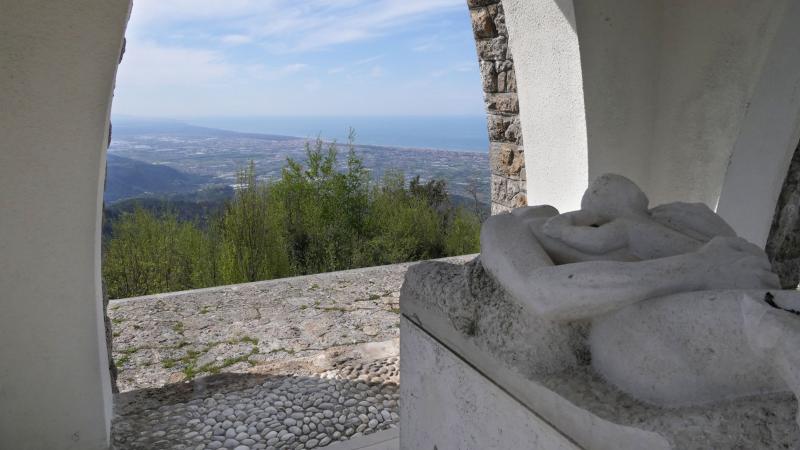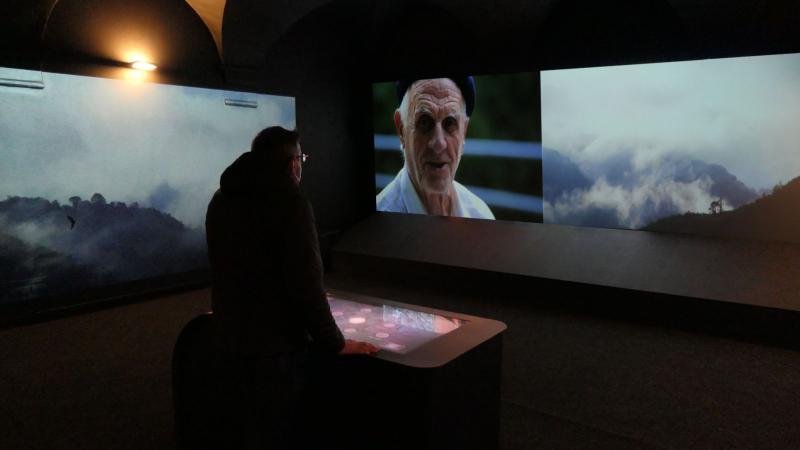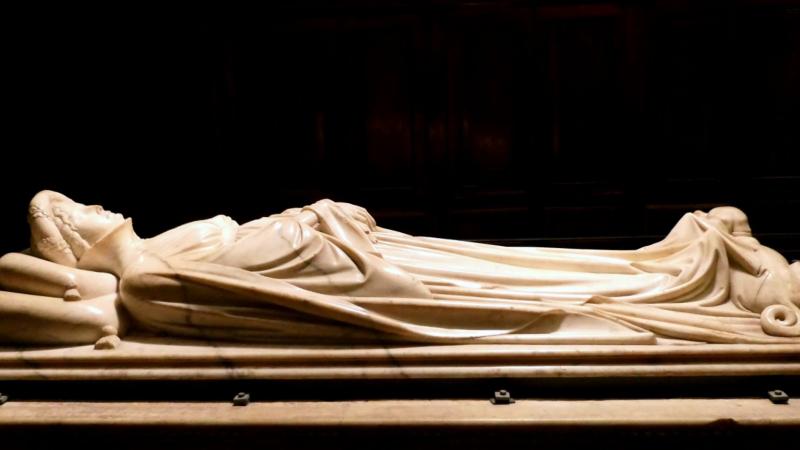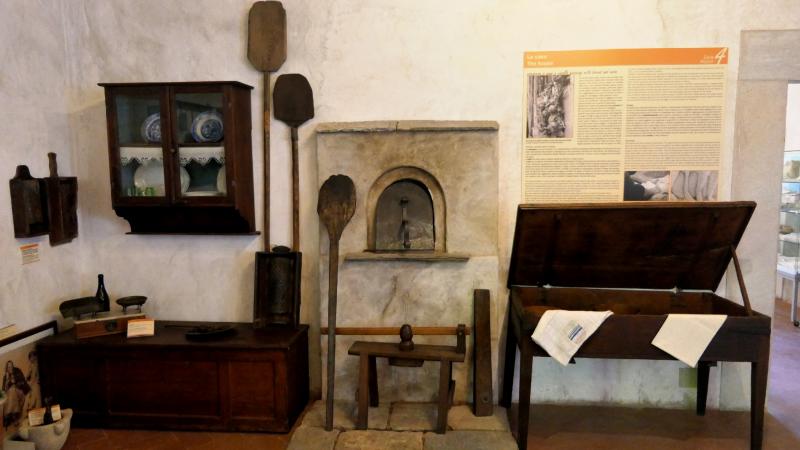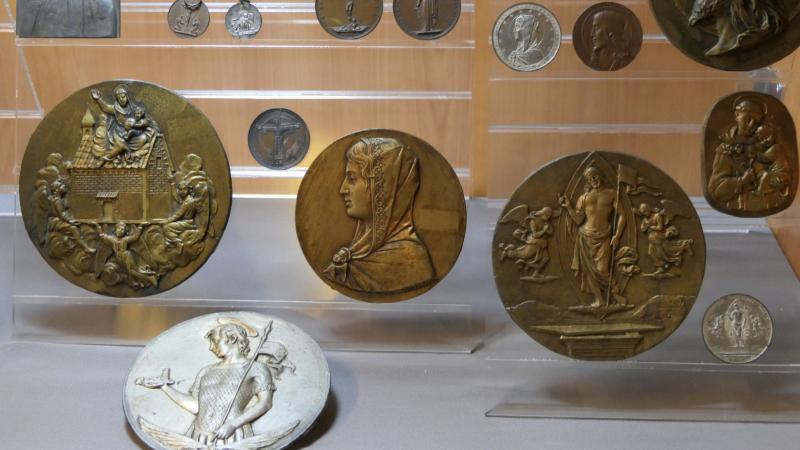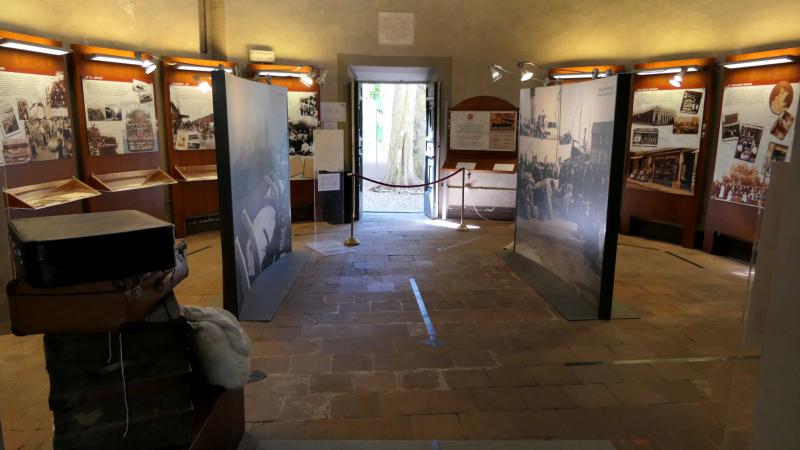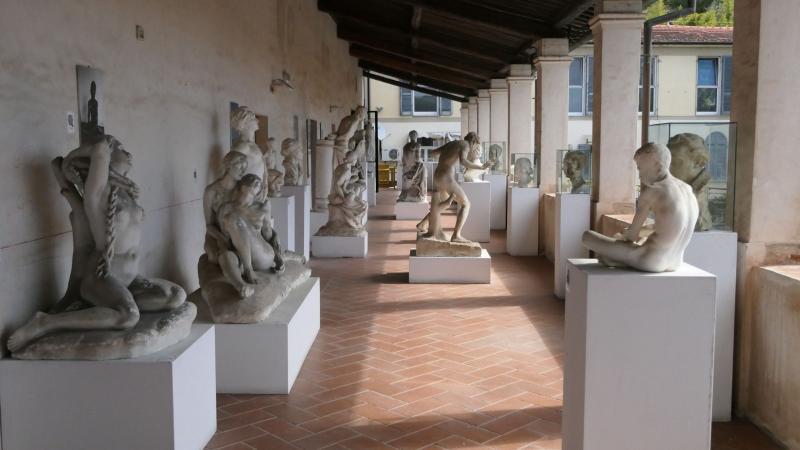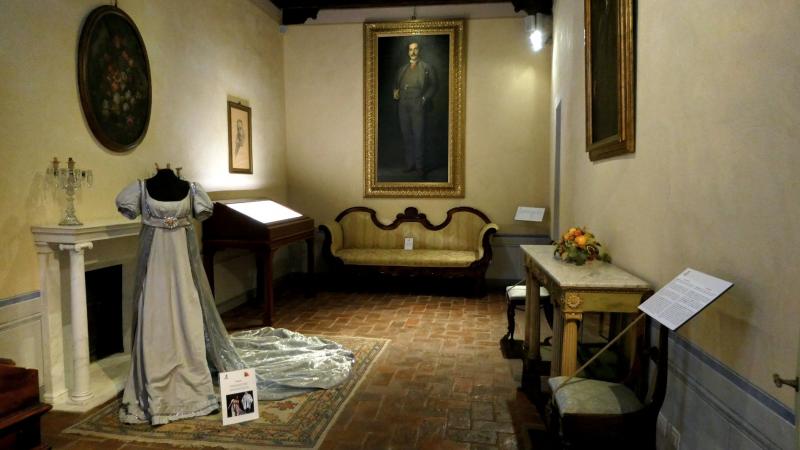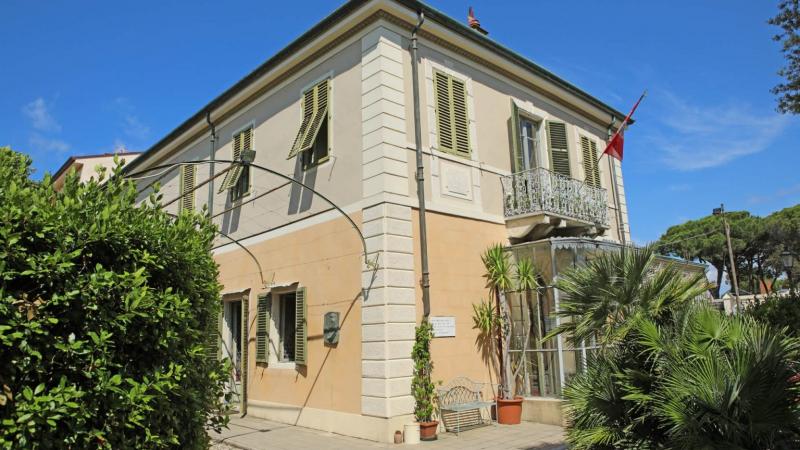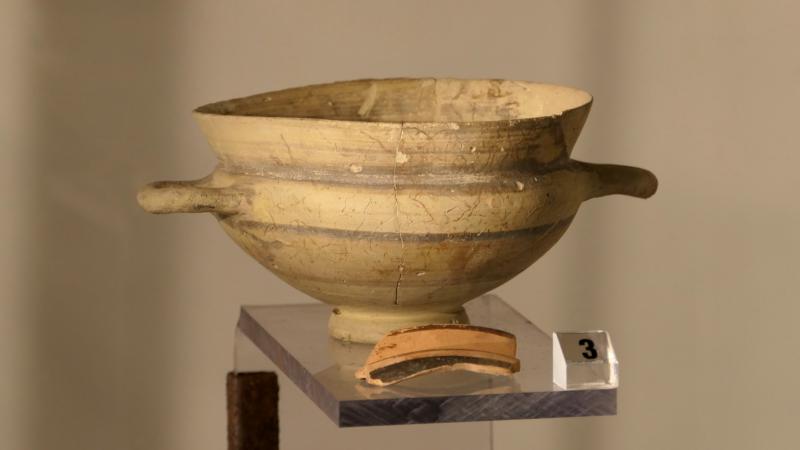Breadcrumb
- Home
- Itineraries
- Disabled itinerary
Disabled itinerary
The Province of Lucca is an area rich in culture, history and magnificent museums. To make it easier for people with disabilities, we have decided to suggest an itinerary in order for them to be able to plan a visit in complete tranquility and fully experience the beauty of the museums of the area.
VERSILIA
After a relaxing tour along the Versilia coast you can visit us in one of the many museums in the area to immerse yourself in a world of art, history and culture. In the center of Viareggio is the Lorenzo Viani Modern and Contemporary Art Gallery, a place to discover the great masterpieces of local and international painters. In Torre del Lago it is also possible to visit the Villa Museum of Giacomo Puccini, the home where the master lived composing many of his works. An unmissable stop is the Pietrasanta Sketches Museum, which houses the preparatory sketches of great international artists such as Botero, Mitoraj and César. The treasures of Pietrasanta continue at the Bruno Antonucci Versilian Archaeological Museum, where you can learn about the history of Versilia from the Copper Age to the Renaissance.
Camaiore too, with its Civic Archaeological Museum offers the opportunity to get to know the extraordinary archaeological finds of the area and thanks to tactile installations, you can actually touch the tools used in the distant past. For fans of more recent history and popular traditions, we recommend the Museum of Work and Popular Traditions of Seravezza which houses a rich collection of everyday objects from the last century that are no longer in use. A visit to the Sant’Anna di Stazzema Historical Museum of the Resistance is essential for historical remembrance. Remembering the past with profound awareness is the prerequisite for building a future of peace.
LUCCA
Lucca and its surrondings also offer numerous opportunities to get to know a rich historical and artistic heritage. After a stop on the city walls, you can visit the Museum of the Ancient Mint of Lucca, one of the oldest and most long-lived in Italy. Then, heading towards Piazza Napoleone, you can reach Palazzo Ducale which houses two accessible museums: the Museum of the Risorgimento in Lucca and the Paolo Cresci Museum for the History of Italian Emigration. The first tells the story of the events that led to the Unification of Italy from the Carbonari revolt, with particular attention to some female personalities who distinguished themselves during the Risorgimento; the second instead tells, through documents, photographs, letters and passports of the time, the stories of the many migrants who from the second half of the nineteenth century left Italy in search of fortune in other nations and continents.
Not far from Palazzo Ducale are the Puccini Museum - Giacomo Puccini's birthplace, which preserves the original furnishings where the great master was born and lived, the Cathedral and the church of saints John e Reparata, which are part of the Museum and Archaeological Complex of the Lucca Cathedral, where the sacred wooden cross of the Holy Face and the Ilaria del Carretto famous monument are also preserved.
MEDIAVALLE AND GARFAGNANA
Approaching the Mediavalle, it is possible to visit the Athena Museum in Capannori with a rich collection of archaeological and ethnographic departments. A section dedicated to the explorer Carlo Piaggia and his travels in the African continent, to then continue with the Plaster Figurines and Emigration Museum of Coreglia Antelminelli, a museum that narrates the journey of Italians to foreign lands thanks to the creation and trade of plaster statues of which they were real masters.
In Barga we find the Multimedia and Virtual Museum of the Fortresses and Fortifications of the Serchio Valley. An innovative museum that, thanks to numerous touch screens, allows you to discover the ancient paths, the fortresses, the castles of the area and the illustrious characters of the past who are the protagonists of the historical events of the territory.
The journey reaches Castiglione di Garfagnana, located on the border with Emilia Romagna, where the Don Luigi Pellegrini Provincial Ethnographic Museum of San Pellegrino in Alpe is located. The Museum is largely accessible with two entrances on two floors, out of the three in total, which allow you to discover the history of a territory rich in traditions and spirituality.
The Museums are ready to welcome you to let you spend moments of leisure accomodating any of the visitor’s needs, for this reason it is advisable to always book the visit
